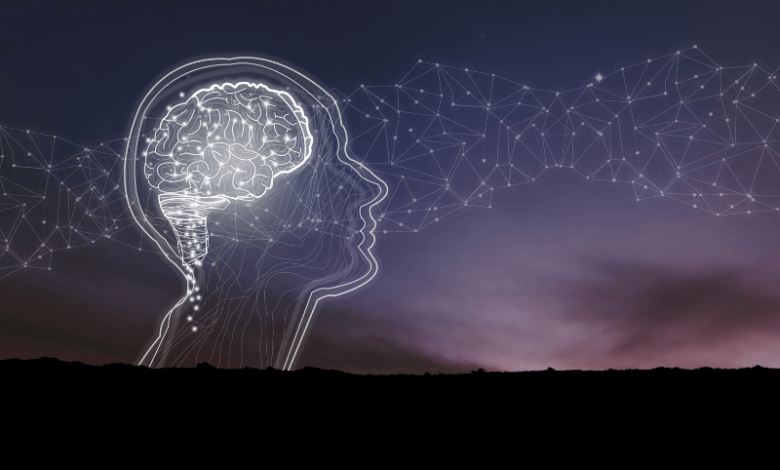What Happens in the Brain When We Die?

Scientists still don’t know much about the dying process – When a person dies, his or her physiological functions cease. However, what about the processes in the brain during the last moments? Scientists have yet to research this. Here’s what we know so far:
Peculiar Features of the Brain and Its Activity after the Heart Stops
In the brain, certain research has indicated that specific subprogrammes in the brain do not cease once the heart stops pumping blood. Some mechanisms may be possible shortly after what doctors call “clinical death.” Still, the exact period can be unmeasurable.
Every person’s experience may differ.
Researchers ascertain that consciousness at the end of one’s life may not be the same for all. Perhaps, one individual would have relatively high levels of activity compared to another. The type of activity can be different to match the person’s nature and the goal to be achieved.
Near-Death Experiences Offer Clues
In the present study, scientists have interviewed the people who were close to death’s door. Sometimes these people narrate rather fascinating stories such as a sense of calmness or perceiving a beam of light. However, not everybody has such insights, feelings, and emotions, and even the investigators themselves do not clearly understand what leads to this.
Context of the Dying Brain is Not Easy
When people die, it is rather difficult for scientists to capture these processes as they occur. They cannot know when it will happen and the situation is rather delicate for families. This becomes a big challenge when it comes to conducting quality research.
Some people may get awareness for a short period.
It does seem that certain individuals may have consciousness for a short period after their heart ceases to beat. This could mean they listen to doctors declaring they are dead. But that does not happen to everyone, and we don’t know its frequency.
Life Flashing Before Your Eyes Idea
Some people hold the view that everything a person experiences during his lifetime is played back in his mind the moment he dies. It has been found out that though some near-death survivors have a testimony of past events, there is no medical evidence that every survivor goes through this.
Researchers have established that levels of some brain hormones alter under circumstances where the individual is near death. This may influence what a person feels or does not feel, but the specifics of this change are still ill-defined.
More Research is Needed
Yes, there is much more to be discovered even concerning the activities which take place in the brain during the end of life. Researchers continue exploring cues to enhance it, which could be useful in addressing palliative care to patients.
READ MORE : Climate change and brain health: recent research drops concerning insights



